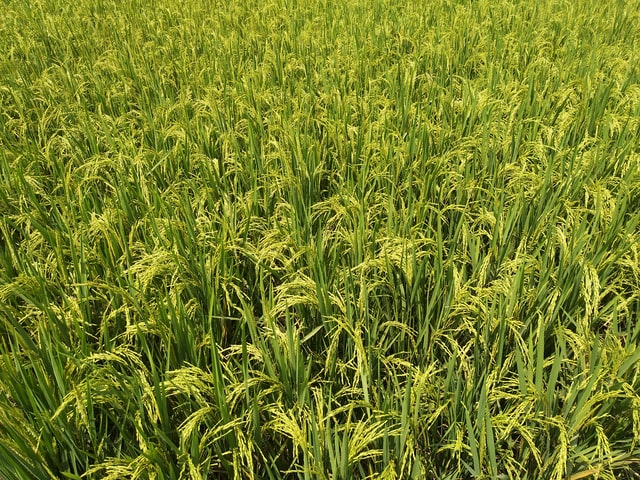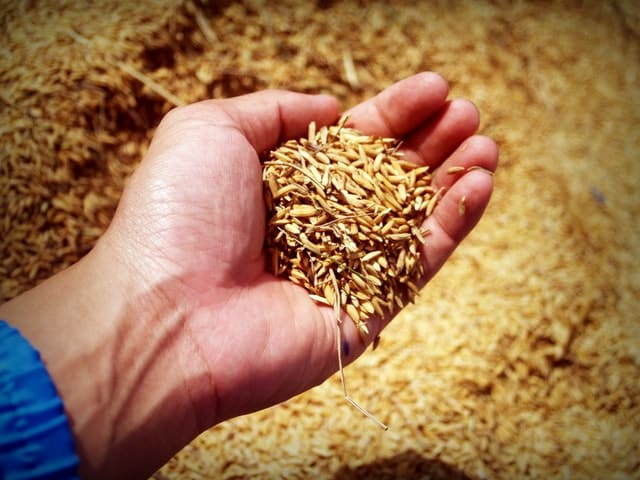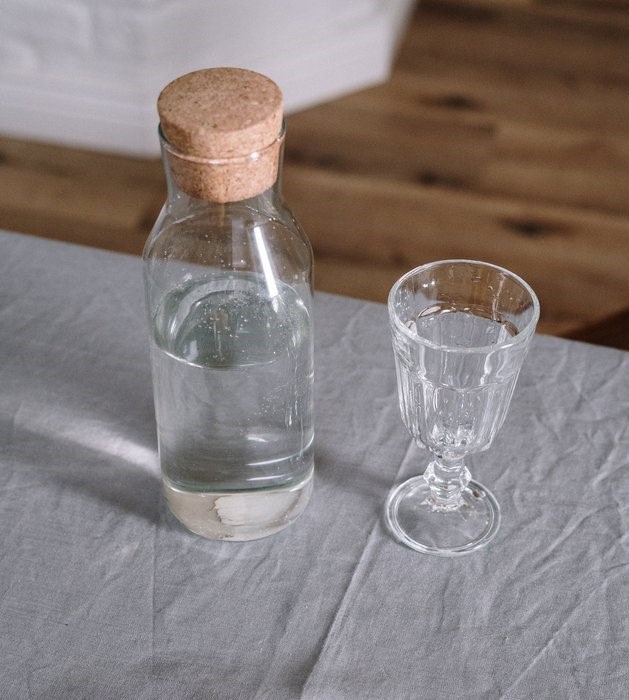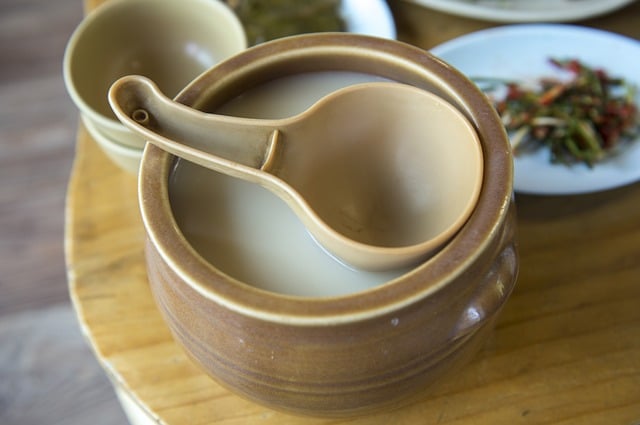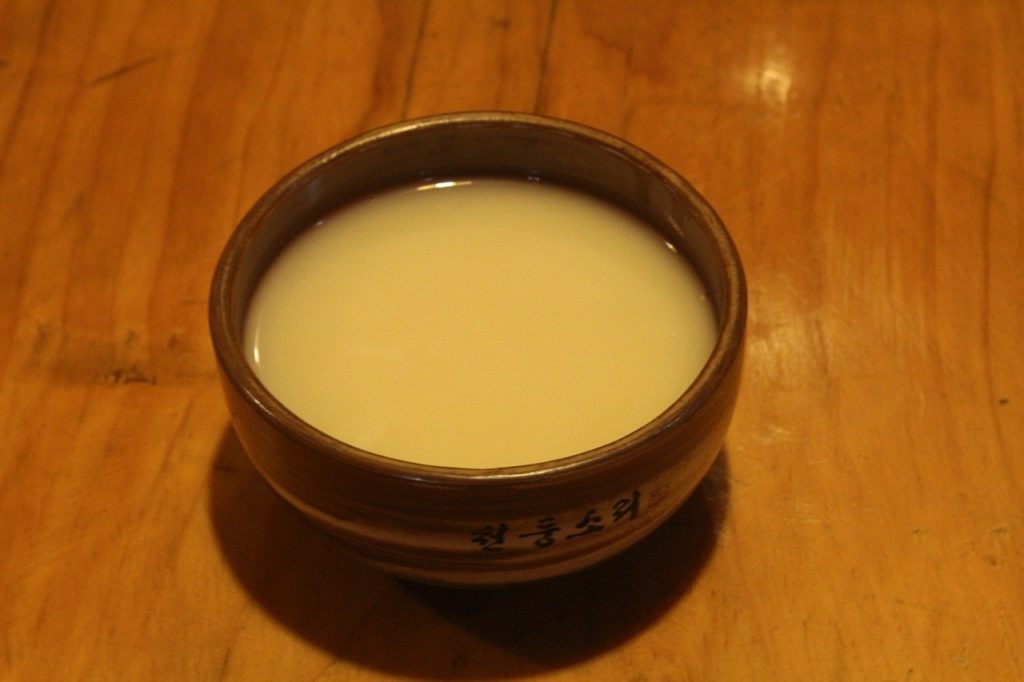Embark on a trip to Vietnam or any South-East Asian country and you’ll likely come across rice wine in some shape or form! The most well-known version worldwide is probably Japan’s sake, which has been available on the international market for many years.
Rice wine in Vietnam has been around for centuries, originally made using home stills and surviving French attempts to outlaw it. These days it’s available commercially and is even winning awards on an international basis. Here’s our guide to drinking rice wine in Vietnam, what to look out for, and what to avoid in order to stay safe.
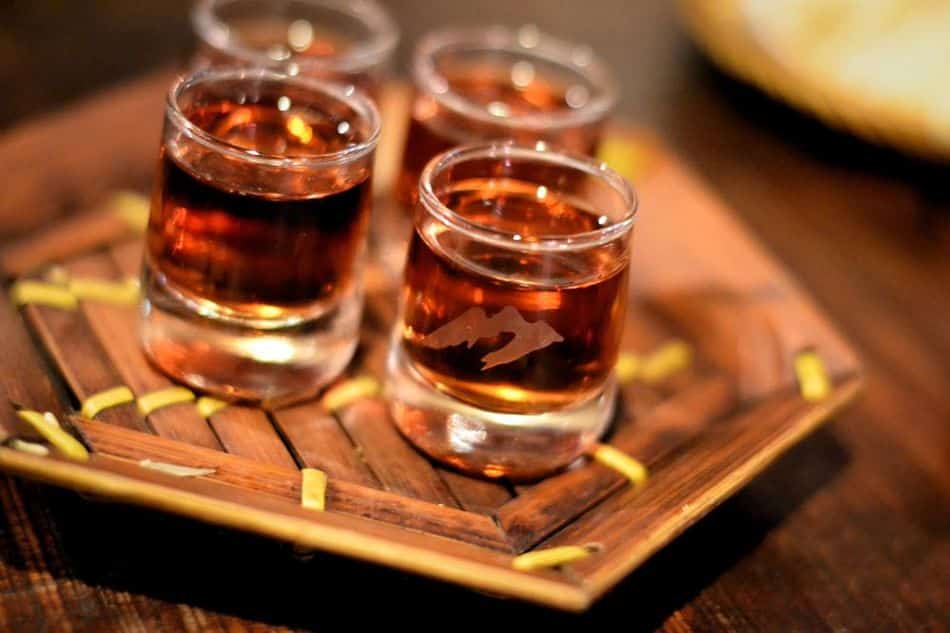
What is Rice Wine?
For starters, be aware that rice wine is not technically wine – it’s a full-blooded liquor, and shop-bought versions will be around the 40% alcohol mark. So it’s best not to go at it with the same fervor that you might normally reserve for a bottle of Savvy B.
The word ‘ruou’ is often used in Vietnam to mean rice wine, but this can also be used to mean any type of liquor or alcoholic spirit. You may hear the word ‘ruou gao’ in the north when people are specifically talking about rice wine, or ‘ruou de’ in the south.
How is Rice Wine Made?
The process is similar to that used when making any grain-based spirit or liquor. The grain – rice of course – is cooked, mashed and left to ferment. After a few weeks, the resulting mixture is distilled using copper pots. What’s left is an almost-clear spirit, similar to vodka but different in taste.
From here, other ingredients can be added to the base spirit for flavor. Leading manufacturers often use different fruit or herbs, meaning they can offer several different flavors of the same base spirit. You may hear flavored rice wine called ‘ruou thuoc’ by local people.
A Brief History of Vietnamese Rice Wine
Across the world, people have fermented grains and other foodstuffs in order to make alcohol since time immemorial. Due to alcohol regulations, the practice of doing this at home is illegal these days in most parts of the world, but it still goes on in rural areas. Ireland’s poteen – made from potatoes – is one such example. Although it’s difficult to put an accurate date on it, it’s likely that rice wine has been brewed in Vietnam since ancient times.
Restrictions on the production of rice wine during the French period saw distillation go even further underground. Western liquors were imported into the country to rival this national beverage but it managed to survive. Today, commercial versions can be found in most bars and restaurants. There’s also a selection aimed mainly at the tourist market – bottles with snakes or scorpions preserved inside, which some believe can promote male virility.
Modern Times
In modern times, rice wine is used on a variety of Vietnamese social occasions. A farmer may take a sip to warm up in winter, or to take the edge off a hardworking day. It’s often drunk at weddings and funerals, or offered to guests by way of a welcome. In such cases, Western guests may find themselves being offered ‘happy water’ – and be prepared to have their socks blown off.
These days, one reliable brand to look for is from the Son Tinh distillery, situated north of Hanoi. They have a huge selection of flavored rice wines and are the only Vietnamese distillery to win international awards for their product.
Is Drinking Rice Wine Risky?
If you’re drinking commercially-available rice wine, from a sealed bottle and with a recognized brand name, you’re unlikely to experience anything more than the expected drunkenness followed by a hangover. Drinking home-made rice wine can carry risks, however, in the same way that drinking home-produced alcohol anywhere in the world can.
It’s very difficult to know the strength of home-produced liquor, so the percentage could be anywhere between 20% and 90% alcohol. There’s also no knowing if any additional ingredients have been added to give the brew an extra kick – ethanol is sometimes used, which will get you drunk fast, but potentially damage your health and even lead to death. Tread carefully, and drink wisely.
What Does Rice Wine Taste Like?
Basic, unflavored rice wine is not dissimilar to tasting neat vodka. You’ll find a strong, grain-based flavor, combined with a kick of alcohol – a nice warm glow will undoubtedly follow!
Where Can I Find Rice Wine in Hoi An?
You’ll find Son Tinh rice wine at many bars and bottle shops in Hoi An. There’s a variety of herbal and fruit flavors, as well as the ‘original’.
If you’re wanting to take a bottle home as a souvenir – or simply prefer getting tiddly in the comfort of your own accommodation – you can find Son Tinh rice wine at some of Hoi An’s larger supermarkets and booze stores as well. Try Bich Tuy at 318 Ly Thuong Kiet as a starting point.
